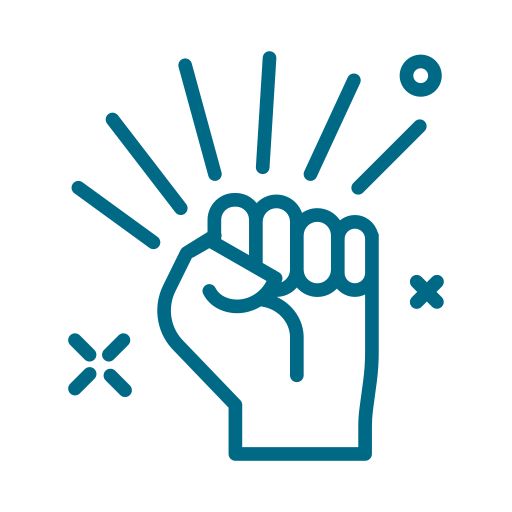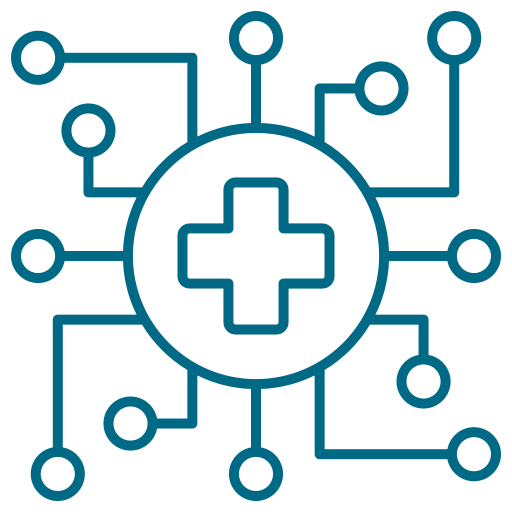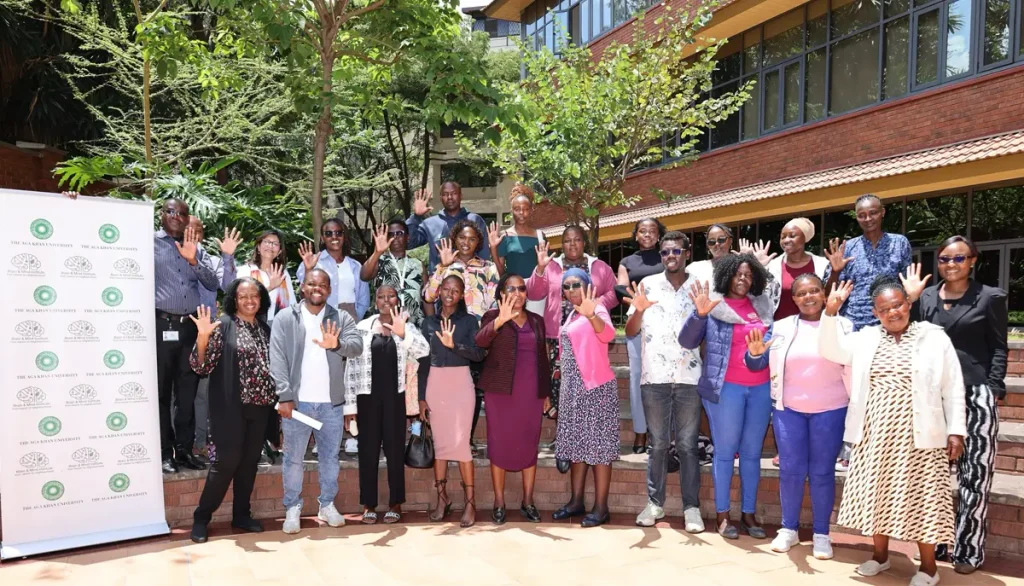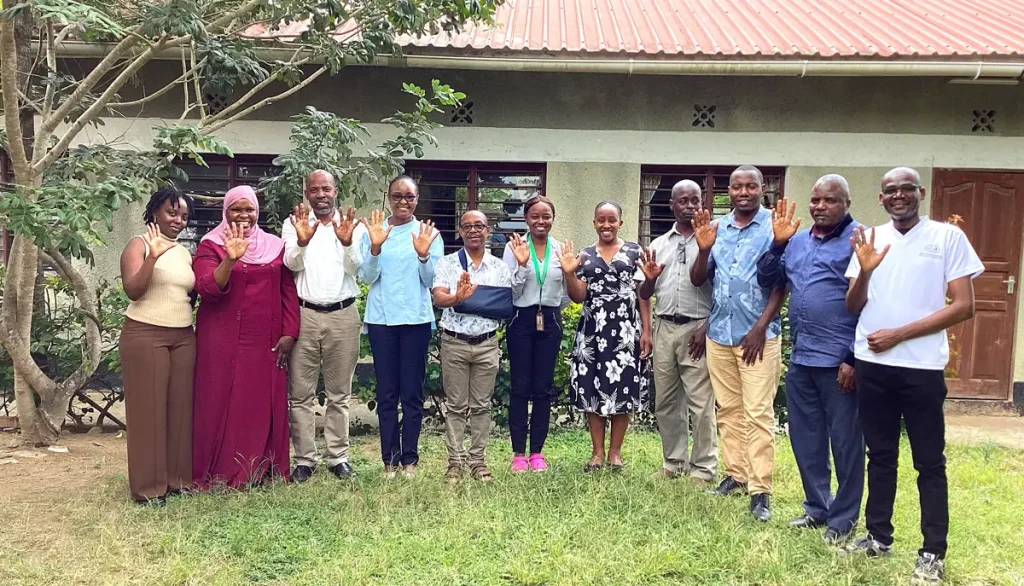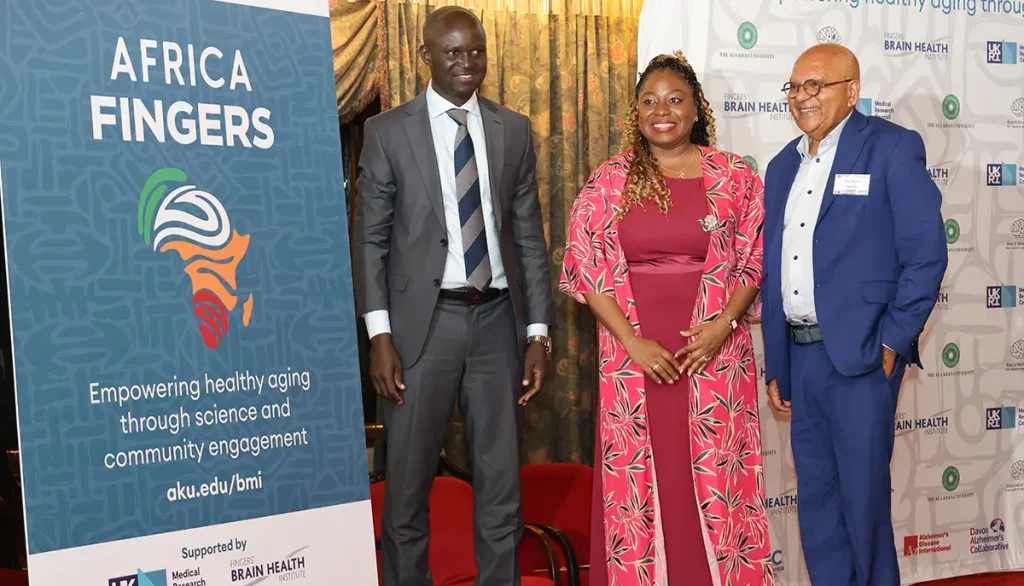Africa-FINGERS is the first large-scale brain health study in Sub-Saharan Africa. Over five years, the study will recruit 600 older adults in Kenya and Nigeria to test lifestyle approaches that may reduce dementia risk, including healthy eating, regular exercise, cardiovascular health, cognitive enrichment and mental and social engagement.
With dementia projected to rise sharply in Africa, and over 60% of people with dementia expected to live in low- and middle-income countries by 2050, Africa-FINGERS focuses on early prevention by targeting common risk factors such as poor diet, physical inactivity, high blood pressure, and diabetes.
Co-designed with local communities and health experts, the study is being tested in urban and rural settings, including Nairobi, Kilifi, Lagos, Yobe, Ibadan and Anambra. By combining science, culture and real-world health needs, Africa-FINGERS aims to improve brain health and create a practical, community-based model for Africa and the African diaspora.



